Base Rent: Base Rent is the minimum or base amount of rent payment as set out in a lease and is often referred to as “fixed rent.” Generally stated, base rent does not include “additional rent” (e.g., any other item of rent payable to a landlord such as percentage rent, rent escalations, a rent pass-through for taxes, insurance or operating costs, for reimbursement by tenant for electric, or water charges measured by a sub-meter).
Base Year: A base year is the year used in a lease for comparison in the measure of a business activity (the “breakpoint” for percentage rent payable to a landlord in some retail leases) or economic index (the fiscal or calendar base year for operating cost or real estate tax escalations (e.g., in NYC, the “fiscal year beginning July 1, 20__ and ending June 30, 20__”)). It is also referred to as a “Base Tax Year” or “Base Operating Year.”
Below Grade: Any structure or part of a structure that is below the surface of the ground that surrounds it.
Broker(s): Licensed professionals who represent buyers, sellers, landlords, and tenants in arranging real estate transactions for a commission or fee.
Brokerage Agreement: The agreement detailing the relationship between a landlord and a broker (or a tenant and broker) and the myriad of terms and conditions relating to if, when, how, by whom and at what rates a fee shall be paid to a brokerage company for the services conducted by it on a real estate transaction such as an executed lease or a closed sale of real property.
Brokerage Commission: The fee paid to a brokerage company for the services conducted by it on a real estate transaction such as an executed lease or a closed sale of real property.
Broom Clean: The absolute minimal condition a space should either be delivered to a tenant at possession or returned to a landlord at lease termination, (e.g., all carpets and floors broom swept and/or vacuumed, and all personal property (which has not been included in the lease to remain in the premises), trash and other debris removed). See “Industrial Clean.”
Builder’s Risk Insurance: The working definition often used by many for defining builder’s risk insurance is coverage to protect an individual and/or entity’s insurable interest in fixtures, materials, and/or equipment used in the construction or renovation of a building or structure in the event those items sustain any loss or damage from a covered cause under the policy (e.g., fire, lightning, wind, theft or other destruction including vandalism).
Building Classifications: The highest-quality office spaces on the market are considered Class A. Generally speaking, these spaces are newly constructed (or recently retrofitted) and have been outfitted with top-of-the-line fixtures, amenities and systems. Class B properties are considered “average” as far as office spaces go. These buildings usually don’t have the same high-quality fixtures, architectural details and impressive lobbies as Class A spaces (or are located in a less desirable location than an “A” building) but are generally nice buildings with fully functional facilities and high end amenities.
Building Code: A building code is a set of laws enacted by federal, state, or local governmental or quasi-governmental agencies specifying the minimum standards that must be met in the construction and maintenance of space within a building and the building itself.
Building Standard: A particular style and level of quality (and quantity in certain instances) of building materials, finishes, and accessories (e.g., paint, carpet, fixtures, lighting, flooring, doors, etc.) used by a landlord in a specific commercial building.
Build-Out: Improvements made to the interior of the leased premises according to a tenant or landlord’s building specifications.
Burndown of Security Deposit or Letter of Credit: A provision in a lease permitting the amount of the required security deposit to decrease over time subject to specified benchmarks and conditions (e.g., “provided that this Lease is in full force and effect and Tenant shall not be in monetary or material nonmonetary default of this Lease (beyond the expiration of any applicable notice and cure period), then Tenant may provide to Owner (and Owner shall promptly thereafter execute and deliver to Tenant, if necessary) such instruments and authorizations as may be reasonably required by the issuer of the Letter of Credit to reduce the face amount thereof by $250,000.00 to $500,000.00 as of the first (1st) day subsequent to the fifth anniversary of the Rent Commencement Date”). It is also known as a “Security Deposit Reduction.”
Business Improvement District (“BID”): Although located throughout many United States cities, as described on the NYC.GOV website, a BID is a “public/private partnership in which property and business owners elect to make a collective contribution to the maintenance, development, and promotion of their commercial district. BIDs have helped revitalize neighborhoods and catalyze economic development throughout New York City. BIDs deliver supplemental services such as Sanitation and Maintenance, Public Safety and Hospitality, Marketing and Promotions, Capital Improvements, Beautification, District Representation, and Business Development.”

